US Judge blocks Trump's use of 1798 wartime law to deport Venezuelans
- In Reports
- 12:01 PM, May 02, 2025
- Myind Staff
On Thursday, a federal judge in Texas ruled that President Donald Trump misused a 227-year-old wartime law when he deported alleged Venezuelan gang members to a prison in El Salvador, potentially setting the stage for another major showdown at the U.S. Supreme Court.
The ruling represents the most significant obstacle so far to Trump’s use of the rarely invoked Alien Enemies Act of 1798, which he cited in a March 15 presidential proclamation that led to a surge of arrests and legal challenges. U.S. District Judge Fernando Rodriguez Jr., appointed by President Trump, ruled that the president's actions were unlawful because the U.S. is not facing an invasion by a foreign force or a "predatory incursion" as required by law to justify the removal of such non-citizens without due process. His ruling permanently prohibits such removals within his southern Texas district — marking the first decision of its kind. “The historical record renders clear that the president’s invocation of the AEA through the proclamation exceeds the scope of the statute and is contrary to the plain, ordinary meaning of the statute’s terms,” Rodriguez said in the ruling.
The ruling marks the first decision on the substance of Trump’s attempt to use the AEA to deport Venezuelan nationals—alleged by the administration to be part of the violent Tren de Aragua gang—to a well-known prison in El Salvador. However, the judge did not prevent the administration from deporting these individuals using other legal avenues, particularly the Immigration and Nationality Act, which is commonly applied in such cases. The judge's decision "is undoubtedly shocking to the over 77 million Americans who gave President Trump a decisive Election Day mandate to enforce our immigration laws and deport terrorist illegal aliens — and yet time and again we see federal courts try to stop the President from exercising his lawful authority to protect the American people," said White House spokesman Kush Desai in a statement.
In a Fox News interview, Vice President JD Vance indicated that the administration would contest any court rulings that restrict Trump’s authority to deport individuals residing in the country illegally. “We’re aggressively appealing this stuff,” Vance said. “We do think that the higher appeals courts, and in particular, the Supreme Court, is going to recognise immigration enforcement is a core function of the President of the United States. If you tell the president he’s not allowed to deport illegal criminals, then you’re telling the President he’s not allowed to be the president. We reject that.”
Since March, Venezuelan immigrants across the US who are facing possible deportation have contended that Trump’s AEA proclamation is unlawful, arguing that the US is not at war. Many, including a Maryland man deported to El Salvador despite a prior immigration court order, have also denied any gang affiliations. Attorney Lee Gelernt, lead counsel for the American Civil Liberties Union, which is leading the legal fight, said the judge “ruled the president can’t unilaterally declare an invasion of the United States and invoke a wartime authority during peacetime. Congress never meant for this 18th-century wartime law to be used this way. This is a critically important decision that prevents more people from being sent to the notorious CECOT prison.”
A Justice Department representative did not respond immediately to a request for comment. Rodriguez stated that Trump’s March 15 proclamation does not describe actions that meet the definition of “invasion” required to invoke the AEA. Trump’s order “makes no reference to and in no manner suggests that a threat exists of an organised, armed group of individuals entering the United States at the direction of Venezuela to conquer the country or assume control over a portion of the nation,” the judge wrote.
The judge also stated that the proclamation does not adequately convey what was historically considered a predatory incursion at the time the law was enacted over two centuries ago. The AEA had previously been invoked only during the War of 1812, World War I, and World War II. “While the proclamation references that TdA members have harmed lives in the United States and engage in crime, the proclamation does not suggest that they have done so through an organised armed attack, or that Venezuela has threatened or attempted such an attack through TdA members,” the judge said.
The U.S. Supreme Court has intervened twice in these legal disputes—most recently to halt deportations from a detention centre in central Texas—but has not yet addressed the core issue of Trump’s invocation of the Alien Enemies Act. Previously, the Court ruled that such cases must be filed individually in the jurisdictions where the detainees are held, prompting a fresh wave of lawsuits nationwide. The case is titled J.A.V. v. Trump, 25-cv-072, in the U.S. District Court for the Southern District of Texas (Brownsville).



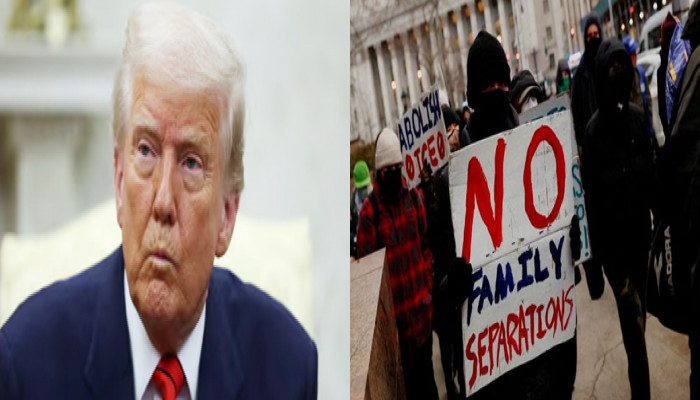




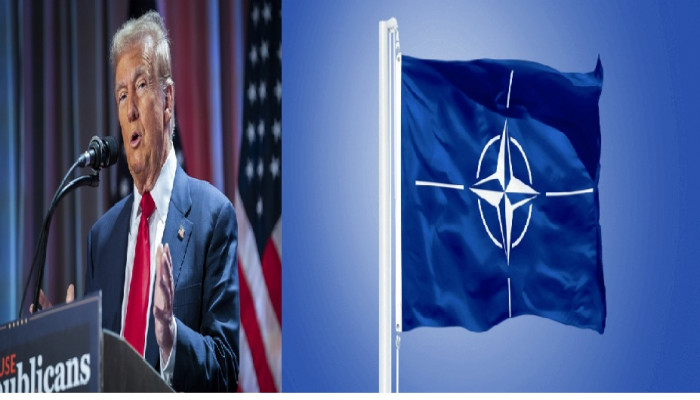


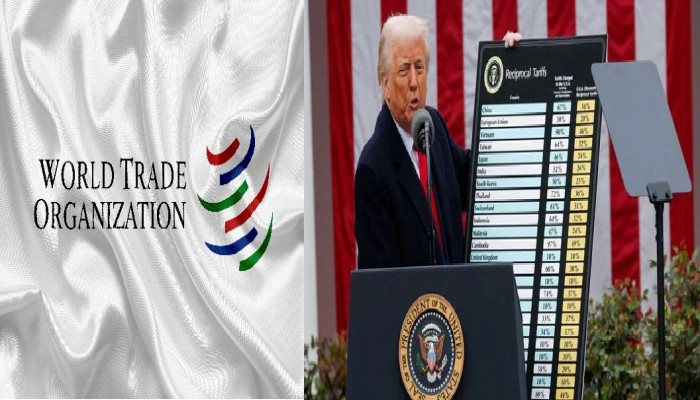






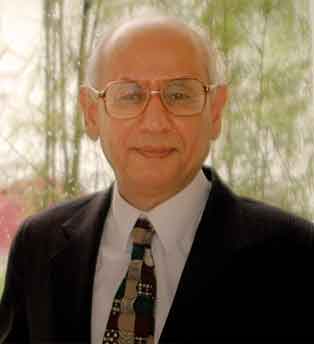




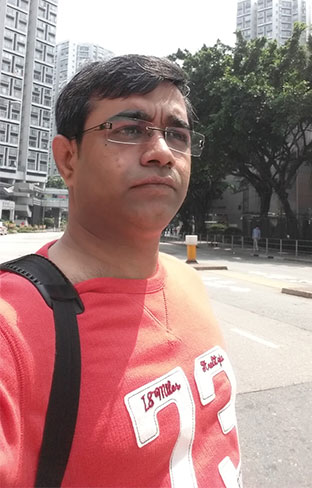



Comments